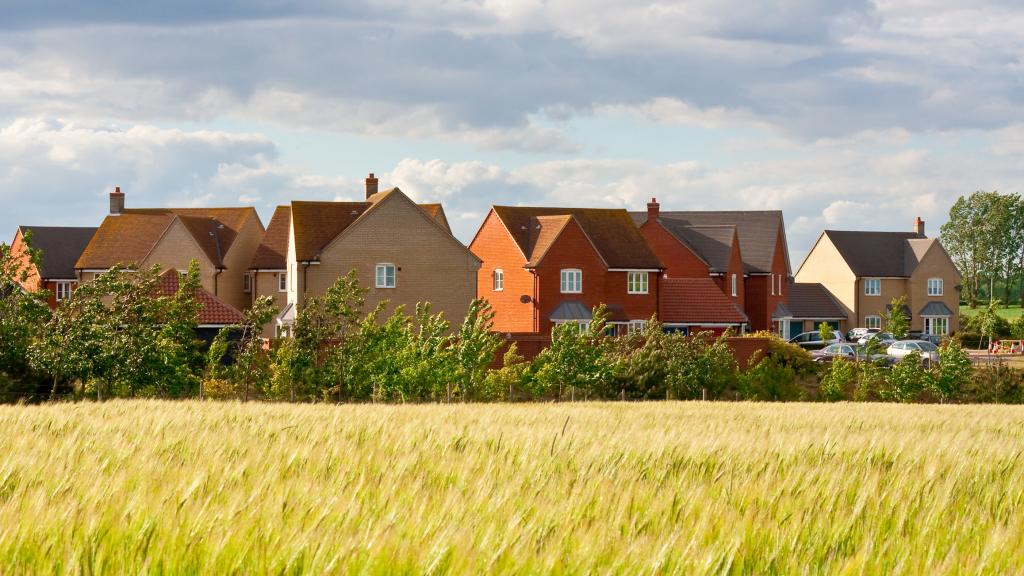
Recent changes to the Homes England Capital Funding Guide (CFG) clarify and improve options for registered providers of social housing (RPs) to enable them to better support their shared owners living in homes affected by building safety issues.
More rights, powers and protection for residents
The Building Safety Act 2022 made ground-breaking reforms (the biggest changes to building safety legislation in almost 40 years!) to give residents more rights, powers, and protections. Homes England wants to ensure that these changes are implemented as quickly and consistently as possible in respect of shared ownership, with safety of residents being a priority but also with a view to restoring some confidence.
The Secretary of State for Levelling Up, Housing & Communities and Minister for Intergovernmental Relations, Rt Hon Michael Gove MP, recently circulated an open letter to all RPs, thanking them for their ongoing efforts to bring their buildings up to scratch but insisting “more must be done”. Working with valuation surveyors and mortgage lenders to help facilitate those who wish to sell or buy homes affected by building safety issues is not enough.
Changes for Registered Providers to take advantage of
The CFG contains the rules and procedures for all providers delivering affordable housing through one of Homes England’s affordable homes programmes. As part of the government’s efforts to “to do everything in its power to enable innocent leaseholders to move on with their lives”, a number of changes have been made to the CFG in respect of Shared Ownership (as of 19 December 2023). RPs are urged to take advantage of these changes at every possible opportunity, including where homes have been built or acquired without government grant, to ensure “shared owners receive consistent levels of support, regardless of how their homes were delivered”.
A summary of the changes made to the CFG:
- Sub-letting rent restrictions (intended to prevent homes being used for commercial purposes) can be “relaxed,” to enable shared owners to charge the level of rent necessary to meet their ongoing housing costs, often more substantial where building safety issues are involved.
- RPs should not apply a blanket approach and must instead tailor the terms of any subletting offer to the individual needs of specific shared owners.
- Where shared ownership homes have been delivered through the Affordable Homes Programme or the planning system via Section 106 developer contributions, and sales are proving problematic due to building safety issues, Recycled Capital Grant Funding (RCGF) can now be used to buy back such homes. This does not constitute an automatic entitlement for shared owners as the decision will be at the discretion of the RP.
- Provisions in shared ownership leases require ‘back-to-back’ staircasing transactions take place at market value (as established by a RICS valuation). Where there are building safety issues, the actual market conditions and trouble selling the home should also be taken into account. It is acceptable to rely on desktop reassessments or even a buyer’s valuation (subject to it being RICS compliant) to enable shared owners to proceed as quickly and cost-efficiently as possible.
Following feedback, Rt Hon Michael Gove MP also asserted that RPs must make the details of all relevant policies not only freely available online but more obvious and accessible, so that, should they be impacted, shared owners are fully aware of their options.
Local RPs are now better able to help support shared owners affected by building safety issues and the Greater London Authority will soon be making similar changes for homes delivered in the capital.
If you wish to discuss anything raised in this article, please contact our specialist Social Housing team.
